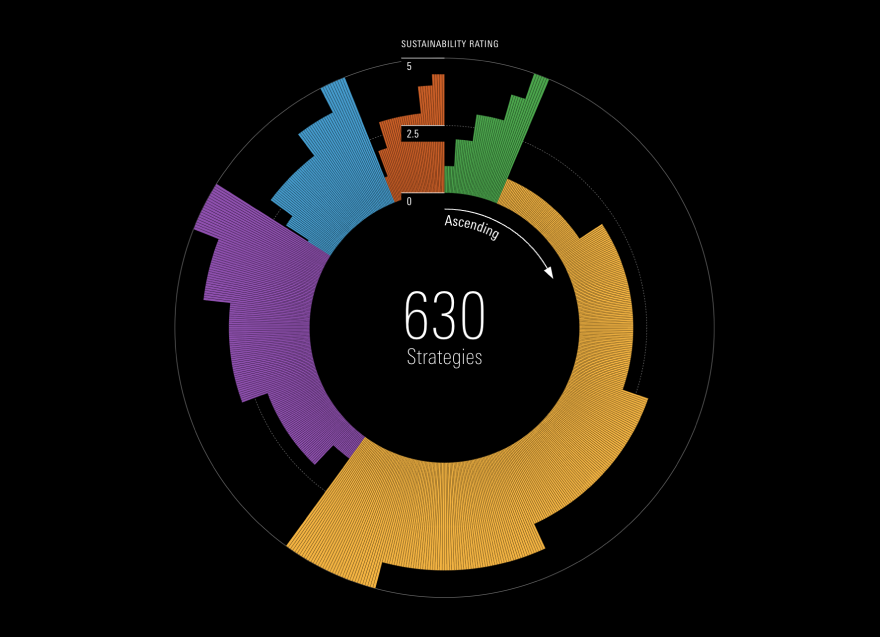Connecting investor objectives with investment decisions requires more than a one-size-fits-all approach.
Investors who apply exclusions remove issuers from their portfolios based on certain products or services, an industry, or corporate behaviors, like major controversies.
Product Involvement metrics measure a company’s involvement in a range of products, services and business activities, based on revenue exposure. Morningstar Sustainalytics covers 33 areas of involvement, including alcoholic beverages, animal testing, controversial weapons, gambling, genetically modified plants and seeds, nuclear, small arms and thermal coal.
By monitoring and analyzing news and other sources, controversies research builds a comprehensive picture of the ESG incidents a company or industry is facing. Controversies research also quantifies risk, judging severity according to impact, as well as the strength of management's response.







